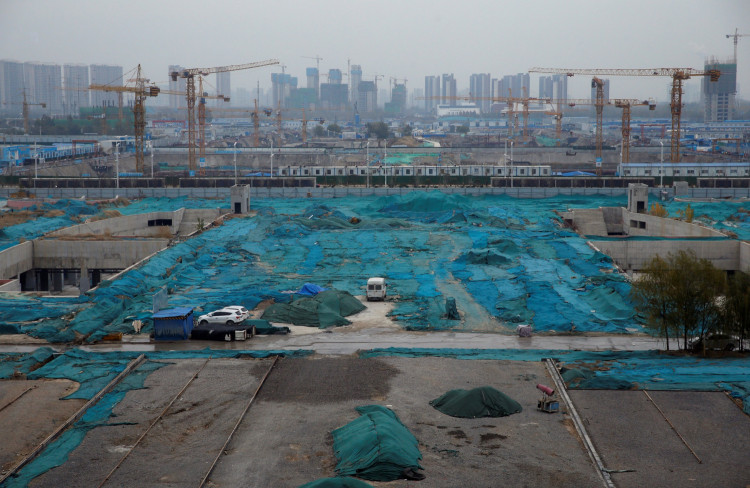The Chinese Academy of Social Sciences (CASS) said on Tuesday that China's gross domestic product (GDP) is expected to sit only at six percent next year due to external headwinds such as trade uncertainties.
According to China Daily, the CASS noted that while the Chinese economy is expected to expand by 6.1 percent this year, 2020 will be slower due to ongoing trade disputes and other headwinds brought about by external factors.
While the global economy is expected to recover modestly next year, China's GDP will remain stagnant, CASS forecasted. On the other hand, the report noted that reasonable growth can still be achieved if macro-control is managed appropriately.
CASS recommended that for the coming year, policymakers should ensure that fiscal policy is focused on easing the burdens of corporate segments through proper optimization of tax and plans for businesses.
Vocal education, healthcare for Chinese citizens, a better focus on elderly care, as well as kindergarten and nursery programs, should be the focus of bond issuance support, the report suggested.
The new forecast came amid uncertainties in the China-U.S. trade war, especially with some analysts predicting that "phase one" of the trade deal will most likely not be reached before the year ends.
Managing director of the Asia Society Policy Institute's Washington office, Wendy Cutler, is just among the many economic and trade experts who believe the "last mile is always the most difficult" in terms of reaching a deal.
According to the South China Morning Post, Cutler pointed out that the deadline is coming in fast but the two sides should come up with "a win-win deal" that will satisfy the demands of the two economic giants.
The pressure is mounting on Beijing and Washington to arrive at a certain agreement regarding "phase one" of the China-U.S. trade deal, especially since new tariffs are set to take effect on December 15.
Cutler recognized China's efforts in arriving at an amicable agreement through the country's announcement that tariffs will be waived for some pork and soybean purchases. For Cutler, it was a good move that would get the two sides closer to a deal.
The United States, for its part in making way for a reprieve, also toned down on some sales restrictions, including the approval of licenses for select American firms to sell equipment to Chinese tech giant Huawei.
It remains to be seen how Beijing and Washington will act moving forward, but some experts believe lifting tariffs set to take effect on Sunday will be the biggest development yet in hopes of achieving a deal and boosting the Chinese and U.S. economies.






